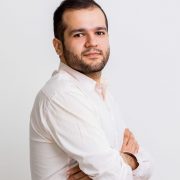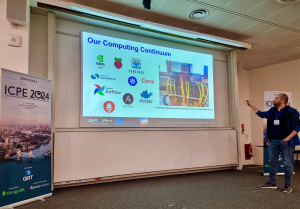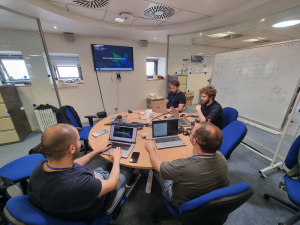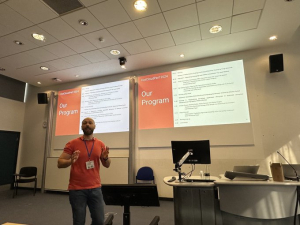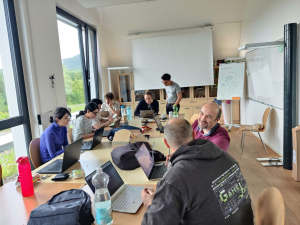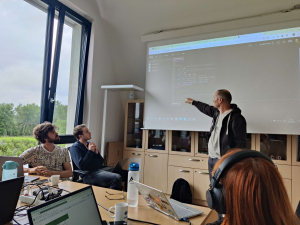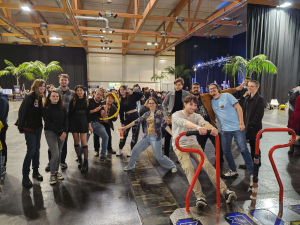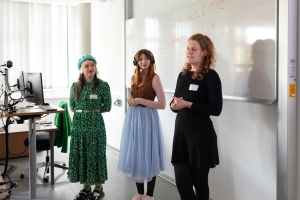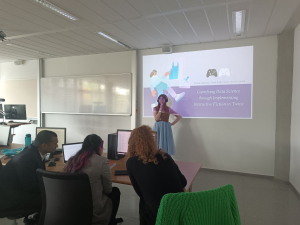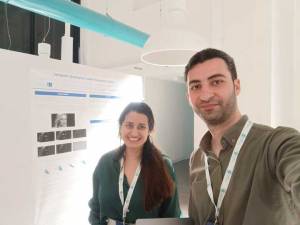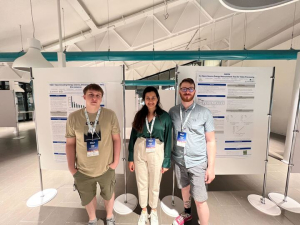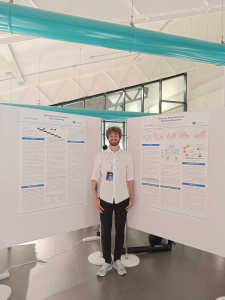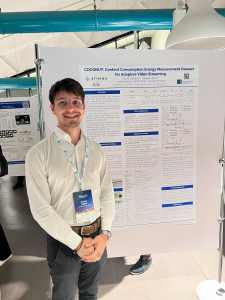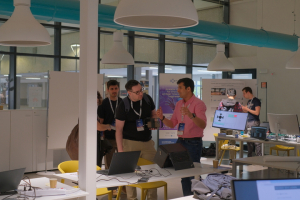Authors: Zoha Azimi, Amritha Premkumar, Reza Farahani, Vignesh V Menon, Christian Timmerer, Radu Prodan
Venue: 32nd European Signal Processing Conference (EUSIPCO’24)
Abstract: Traditional per-title encoding approaches aim to maximize perceptual video quality by optimizing resolutions for each bitrate ladder representation. However, ensuring acceptable decoding times in video streaming, especially with the increased runtime complexity of modern codecs like Versatile Video Coding (VVC) compared to predecessors such as High Efficiency Video Coding (HEVC), is essential, as it leads to diminished buffering time, decreased energy consumption, and an improved Quality of Experience (QoE). This paper introduces a decoding complexity-sensitive bitrate ladder estimation scheme designed to optimize adaptive VVC streaming experiences. We design a customized bitrate ladder for the device configuration, ensuring that the
decoding time remains below the threshold to mitigate adverse QoE issues such as rebuffering and to reduce energy consumption. The proposed scheme utilizes an eXtended PSNR (XPSNR)-optimized resolution prediction for each target bitrate, ensuring
the highest possible perceptual quality within the constraints of device resolution and decoding time. Furthermore, it employs XGBoost-based models for predicting XPSNR, QP, and decoding time, utilizing the Inter-4K video dataset for training. The
experimental results indicate that our approach achieves an average 28.39 % reduction in decoding time using the VVC Test Model (VTM). Additionally, it achieves bitrate savings of 3.7 % and 1.84 % to maintain almost the same PSNR and XPSNR,
respectively, for a display resolution constraint of 2160p and a decoding time constraint of 32 s.


